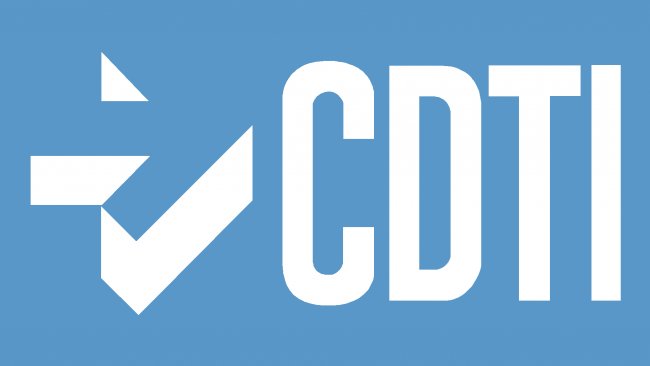Centre for the Development of Industrial Technology (Spain) (CDTI)
Centro para el Desarrollo Tecnológico Industrial

The Centre for the Development of Industrial Technology (CDTI) is a Public Business Entity, answering to the Ministry of Economy and Competitiveness, which fosters the technological development and innovation of Spanish companies. It is the entity that channels the funding and support applications for national and international R&D&i projects of Spanish companies. The CDTI thus seeks to contribute to improving the technological level of the Spanish companies by means of implementing the following activities:
- Financial and economic-technical assessment of R&D projects implemented by companies.
- Managing and fostering Spanish participation in international technological cooperation programmes.
- Fostering international business technology transfer and support services for technological innovation.
- Supporting the setting up and consolidating technological companies.
The CDTI employs over 300 people, three quarters of whom are engineers and graduates. Even though the bulk of the CDTI infrastructure is in Madrid, the Centre offers Spanish companies a strategic network of offices or representatives abroad (Japan -SBTO (Spain Business and Technology Office)-, Belgium -SOST (Spain Office of Science and Technology) and the Eureka Permanent Secretariat -, Brazil -FINEP (Study and Project Funder)-, Korea, Chile, Morocco, China, India, Mexico and the USA) to support their international technology activities.
CDTI functions
The Centre is governed by private law in its relations with third parties. This means that it can offer companies user-friendly and flexible support services for the implementation of R&D business projects, international exploitation of technologies developed by the company and to submit bids for industrial-technological supplies to scientific and technology organisations.
Therefore, the CDTI provides companies with its own funding and facilities access to third-party financing (Bank Line for Funding Technological Innovation and Subsidies of the EU R&D Framework Programme) for national and international research and development projects.
It likewise helps the company to internationally exploit technologies that it has developed, and therefore provides funding for technological promotion and innovation projects and technology transfer, its foreign network and multilateral (Eureka and Iberoeka) and bilateral cooperation projects with Canada, Japan, China, South Korea, India and South Africa.
In addition, the CDTI is empowered as the competent entity to issue binding motivated reports of the projects funded by any of its lines (Royal Decree 2/2007). These documents will provide greater legal security to Spanish companies with an approved project and funded by the CDTI when seeking tax rebates for costs incurred in the R&D activities of those projects.
Finally, the CDTI manages and helps Spanish companies to obtain high-technology industrial contracts generated by different national and European organisations, such as the European Space Agency (ESA), the European Laboratory for Particle Physics (CERN), the European Synchrotron (ESRF), Hispasat and Eumetsat.
CDTI Mission, Vision and Values
The mission of CDTI is to succeed in stimulating the Spanish Business World into generating and transforming the scientific-technical knowledge in sustainable growth and become globally competitive through:
- Expert guidance, evaluation and financial support for businesses and innovating entrepreneurs.
- The management, promotion and defence of national interests in the national and international R&D&I forums and programmes.
- Boosting of legal and socioeconomic changes that may help technological innovation.
The vision of CDTI is: "To be the Spanish public referent for all entities involved in research, technological development and entrepreneurial innovation".
The values that characterize CDTI activities are:
- Vocational service
- Procedural objectivity
- Confidentiality of information
- Efficiency, flexibility and agility
- Hands-on assistance
- A vision of the future, adaptation to the current environment and anticipation
- Initiative and the will for self-improvement